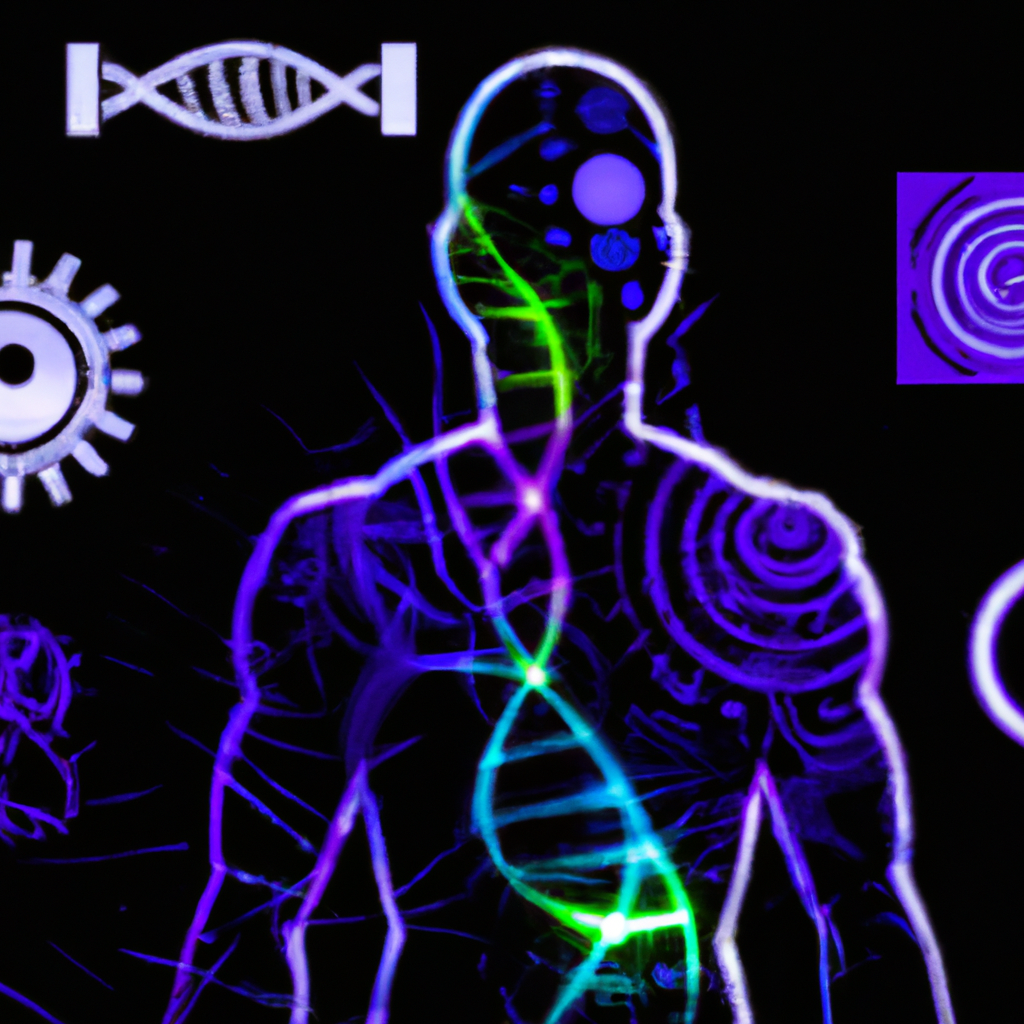
The Rise of Biohacking: Self-Optimization or Playing God?
In an era dominated by technology and breakthrough scientific innovations, it's no surprise that biohacking—a practice that combines biology, DIY ethos, and tech-savvy knowledge—has captured the zeitgeist. The rise of biohacking has sparked a fierce debate: are we on the path to self-optimization, or are we audaciously playing God?
Before delving into this dichotomy, let's first define biohacking.
What is Biohacking?
Biohacking is a broad term that encompasses various practices, all aiming to 'hack' or manipulate one's biology to achieve desired results. It ranges from simple lifestyle changes such as diet and exercise, to more extreme measures like genetic engineering and implanting technological devices into the body. The goal is to optimize physical and cognitive performance, improve health, and extend lifespan.
The Spectrum of Biohacking
Biohacking covers a broad spectrum of activities. On one end, there are 'grinders' who implant magnets or microchips in their bodies. On the other end, there are the 'life hackers' who focus on diet, exercise, and sleep patterns to improve their health and performance.
Grinders
Grinders are the more radical biohackers. They implant devices in their bodies, like magnets to sense electromagnetic fields, or microchips to interact with technology. This transhumanist approach blurs the line between humans and machines, raising ethical, safety, and regulatory concerns.
Life Hackers
Life hackers, on the other hand, focus on more natural methods. They use diet, exercise, meditative practices, and supplements to improve health and cognitive performance. This approach is less controversial and more mainstream, with practices like the ketogenic diet or mindfulness meditation being widely accepted.
The Appeal of Biohacking
Why has biohacking captivated so many people? Here are a few reasons:
- Self-Optimization: Biohacking empowers individuals to take control of their bodies and minds. It offers a path for self-improvement, health optimization, and peak performance.
- Curiosity and Experimentation: Biohacking resonates with the human desire to explore and push boundaries. It's for those who refuse to accept biological limitations and are eager to experiment.
- Technological Advancements: The rise of wearable technology and the availability of genetic testing have made biohacking more accessible. Tools and information that were once reserved for scientists are now available to the general public.
Biohacking: Self-Optimization or Playing God?
The rise of biohacking prompts an important question: Are we merely optimizing ourselves, or are we crossing an ethical line and playing God?
The Case for Self-Optimization
Many argue that biohacking is simply about self-optimization. They see it as a natural progression of human evolution, driven by curiosity and the desire to improve. In this view, biohacking is about taking control of one's health, pushing the boundaries of human capabilities, and living life to the fullest.
The Case for Playing God
Critics, however, worry that biohacking is veering into dangerous territory. They argue that we are playing God, altering our bodies and minds in ways that nature never intended. There are concerns about safety, consent, and the potential for biohacking to exacerbate social inequality.
For instance, DIY genetic engineering could lead to unforeseen consequences, and implanting devices in the body raises safety issues. Also, there are concerns about who gets access to biohacking technology and benefits from it. Could we see a world where only the rich can afford to biohack their way to a healthier, longer life, thereby widening the wealth and health gap?
The Future of Biohacking
Biohacking is here to stay, and it will continue to evolve with technology and scientific discoveries. As we navigate this brave new world, it's crucial to have conversations about ethics, safety, and equality.
We must ensure that biohacking is used responsibly, with appropriate safeguards in place. We should strive to prevent it from becoming a tool for widening social inequality. And as we explore the potential of human biology, we must remember to respect the mystery and complexity of the human body and mind.
In conclusion, whether we view biohacking as a path to self-optimization or playing God depends largely on our individual perspective. What's clear is that as we push the boundaries of human potential, we need to balance our desire for self-improvement with respect for our natural biology and ethical considerations. That's the challenge and the promise of biohacking.